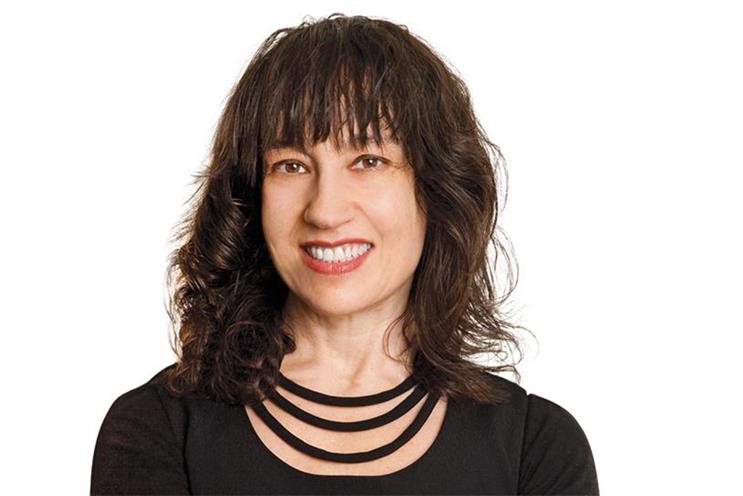That's Johnnie Cochran on . The jury he’s talking about is, of course, those picked for the controversial murder trial of Simpson in the 90s. But could he be talking about any jury? Including those judging in the upcoming, packed 2016 awards season in media and advertising?
It has been an honour to be part of the jury at several awards over the past five years. First, it is important to stress that results need to be discussed and a lack of them, or a sense that they’re smoke and mirrors, is usually a deterrent to victory. Usually but not always.
Start with smoke and mirrors. The number of times the word "engagement" is used in the results section of a paper is arguably in inverse proportion to the robustness of business outcomes for clients. Here’s one anonymous example I remember from a recent paper: "We demonstrated significant engagement with the brand, all with a modest media budget." This kind of vague phrasing is increasingly a rarity but should definitely be avoided.
So assuming that a paper has proper results, a great insight and a good logic to the activity, surely it should be a winner? Here’s where the other guy comes in. The highly competitive nature of our industry means that you’re not just convincing the awards jury that your campaign was successful – you’re out to convince them that it was more successful than any of the others in the category.
In some instances, this might be a very broad competitive framework. In the 2015 北京赛车pk10 Media Awards, categories were divided largely by sector, and some were very varied. Fashion, healthcare and beauty together in one category might pit Nike against Rimmel and Piriteze. Media Week’s large, medium and small categorisations obviously had other brands smashing up against each other – one category might see Clarins versus Heineken versus Birds Eye. Your entry has to cut through and you don’t even know what the competition is when you write your paper.
Here is Cochran’s point, then. Your narrative needs to be compelling. And overcome the fatigue of the jury member (who might have read 23 entries before they got to yours) and any bias that they might not even be conscious of.
, the Nobel prize-winning behavioural econometrician, writes about system one and system two thinking. System one is gut instinct; system two is logical thought. In a fight for dominance, system one wins every time. We like to think that we are in control of our decision-making – in fact, we decide most things on instinct and then rationalise our decision.
Awards juries do not do this on purpose. They are usually very diligent and conscientious. Most have entered themselves over the years and really appreciate the effort that goes into crafting an award entry. But there are biases that are part of human nature that a winning entry has to overcome. There’s the "cheerleader bias", where you are drawn to join in with one enthusiast on the jury even if you don’t agree in private. There’s the "less is better" bias, where one strong result will convince a juror more than a list of seven positive metrics can. And there’s the "rhyme as reason" bias, which, of course, Cochran exploited with: "If the glove don’t fit, you must acquit."
Good luck with the awards entries this season. The winners will have triumphed not just in the clarity of thought that went into the campaign but also in the storytelling narrative of their entry.
Sue Unerman is the chief strategy officer at MediaCom


